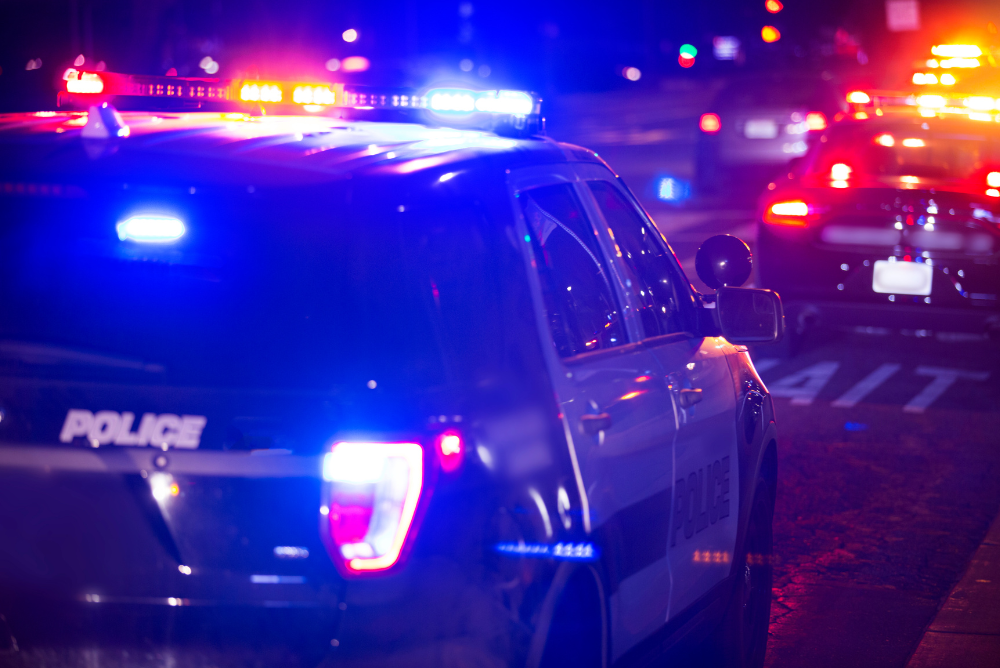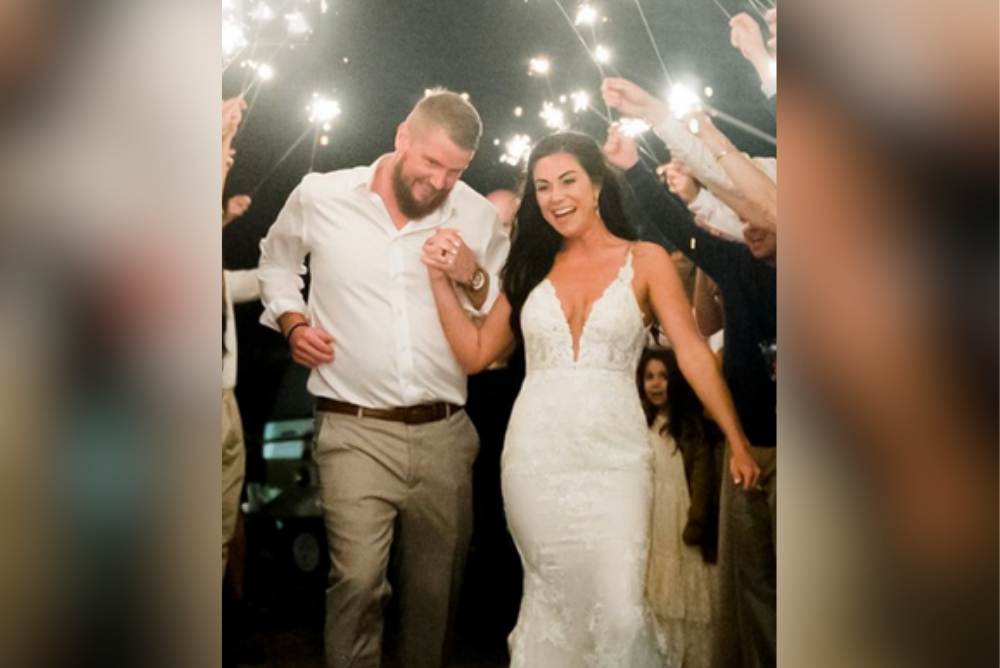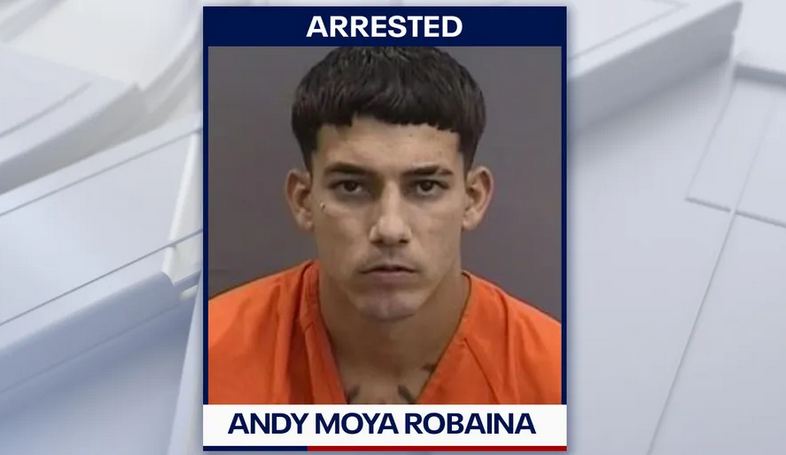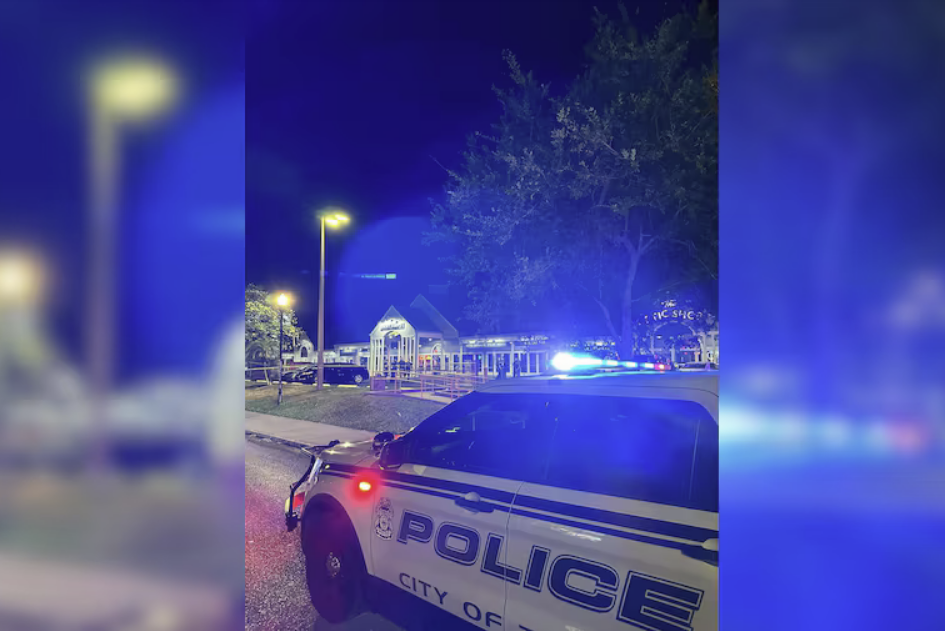For the first time in more than forty years, there was an assassination attempt on a presidential candidate. The attempt against Donald J. Trump left him with a small injury, but it took the life of another man and seriously injured two others. With the shooter left dead, is there anyone else who could face consequences for what happened?
What Happened?
On July 17, 2024, Donald J. Trump took the stage at a rally for his 2024 presidential bid in Butler, Pennsylvania. Six minutes into his speech, pops were heard as Trump grabbed his ear and ducked. More pops were heard seconds before Secret Service agents rushed the stage.
Roughly 150 yards away, a man lay dead on a rooftop. The man, 20-year-old Thomas Matthew Crooks, had fired shots at Trump. Some of the shots missed Trump and went into the audience, hitting spectators. Two men, David Dutch and James Copenhaver, were seriously injured. Corey Comperatore was hit and killed. One of the bullets grazed Trump, injuring his right ear.
Just seconds after Crooks took his shots, he was killed by a Secret Service sniper. Trump was rushed off the stage and taken to a nearby hospital. He had come within inches of losing his life.
Who is responsible for allowing the shooting to unfold, and will any legal cases come out of the shooting?
Who Was In Charge?
The rally was held at a fairground in a rural area of Western Pennsylvania. As with every Trump rally, federal agencies, including the Secret Service, were responsible for securing the event and protecting the former President. They received support from local agencies. In larger cities, one or two local agencies may be able to provide the necessary resources. In small, rural areas, multiple agencies are often needed to meet the event’s security needs.
The Secret Service was responsible for securing the area inside of the perimeter of the event. Local agencies were responsible for the area outside of the event.
Per reporting by the Associated Press, at least six agencies were involved with the Butler event. The agencies included two sheriff’s offices, local police, state police, multiple teams within the Secret Service, and fire and emergency rescue officials.
Crooks took his shots from outside of the event perimeter. He was on the rooftop of a nearby building in an area secured by local agencies.
So, Who Was At Fault?
Multiple investigations are looking into what went wrong at the event and how the shooter could have gained such close access to Trump.
Early reports show that authorities were notified of a suspicious person long before Crooks fired his shots. According to a news release issued by Tom Knights, the Butler Township manager, a call went out for a suspicious male and officers responded, but they did not find the man.
Later, spectators began calling out to officials after they saw a man with a gun on the roof of a building. Knights explained what happened. “A Butler Township officer attempted to gain access to the roof by being hoisted up by an assisting officer. The officer was pulling himself up to the roof when he made visual contact with an individual who pointed a rifle at him,” Knights says. The officer dropped down, and then Crooks took his shots at Trump, according to NPR Reporting.
Agencies have been careful about placing blame, and more details will come out as investigations lead to official reports. Based on what the investigators find, could anyone be held responsible for what happened? What potential criminal or civil cases could follow?
Related: What’s the Difference Between a Civil and Criminal Case?
What Legal Cases Could Arise?
Based on what we know about the shooting, there are a few areas of the law to consider. Here are a few criminal and civil cases to be considered.
Criminal Charges Against Shooter: If the shooter had survived, he would have faced a variety of charges related to shooting Trump as well as injuring and killing others in attendance at the rally. He would have faced both charges of attempted murder and murder.
Criminal Charges Against the Shooter’s Parents: Crooks was twenty years old which makes him a legal adult. But because he lived with his parents and used his dad’s gun during the incident, there have been questions as to whether his parents could be held partially responsible for the shooting. The parents of school shooter Ethan Crumbly were both found guilty of manslaughter as a result of their son’s actions. Crooks is said to have researched Crumbly before the shooting, but it is unclear if his parents will be criminally charged.
Personal Injury Civil Cases: The shooting could also lead to civil court cases. The two men critically wounded at the event could choose to file personal injury cases. While they can’t sue Crooks, they may find evidence to support cases against the agencies involved with providing security at the event or even Crooks’s parents.
Wrongful Death Civil Case: The family of the man who was killed in the shooting could also find a legal avenue for a civil case. Survivors could choose to pursue a wrongful death case against any parties they find responsible for the dangerous situation that led to the shooting.
Related: Examples of Wrongful Death Cases Worth Fighting For
Let’s Review Your Case
Circumstances of a criminal or civil case are often complicated and have many angles to consider. If you are involved with a civil or criminal case, make sure you thoroughly review all sides of your case. Talk to an experienced attorney to review the details of your case right away. Schedule a free consultation with TJ Grimaldi today. Request your consultation or call 813-226-1023 now.




